For many motorcycle enthusiasts, the thrill of the open road and taking on various terrain is one of the most exhilarating experiences. If you’re looking to explore different terrains by dirt biking, you may be wondering if your dirt bike helmet is permitted for street riding. It’s a sensible question to ask, as understanding what the law requires in terms of safety and legal requirements is essential for an enjoyable ride. Unfortunately, there are several factors to consider when determining whether or not a dirt bike helmet is street-legal.
Table of Contents
The Purpose of Dirt Bike Helmets
Dirt bike helmets are an integral part of dirt biking. They provide the rider with important safety features, as well as protection from flying debris, dust, dirt, and other hazards associated with off-roading.
A high-quality helmet should fit snugly and be lightweight enough to not cause fatigue while riding. It should also meet or exceed safety standards set by organizations like the Department of Transportation (DOT) or Snell Foundation.
The DOT standard requires that all motorcycle helmets meet certain criteria for impact resistance and strength to protect against head trauma in the event of a crash. The helmet must also include a label stating that it meets these guidelines before it can be sold legally in the United States.
Riders must wear their helmets at all times when riding to ensure their safety and protection from potential hazards. Dirt bike helmets can provide increased visibility in low light conditions and help reduce fatigue caused by wind resistance while riding. Additionally, a well-fitting helmet can protect against abrasions and other injuries due to falls or collisions with other riders or objects on the track. Ultimately, they provide peace of mind while riding knowing that you are protected from any unexpected dangers.
Finally, it’s important to note that dirt bike helmets should be replaced every few years due to wear and tear. They also require regular maintenance such as cleaning and inspecting for cracks or other damage. Taking proper care of your helmet will ensure that it provides you with the best possible protection while riding [1].
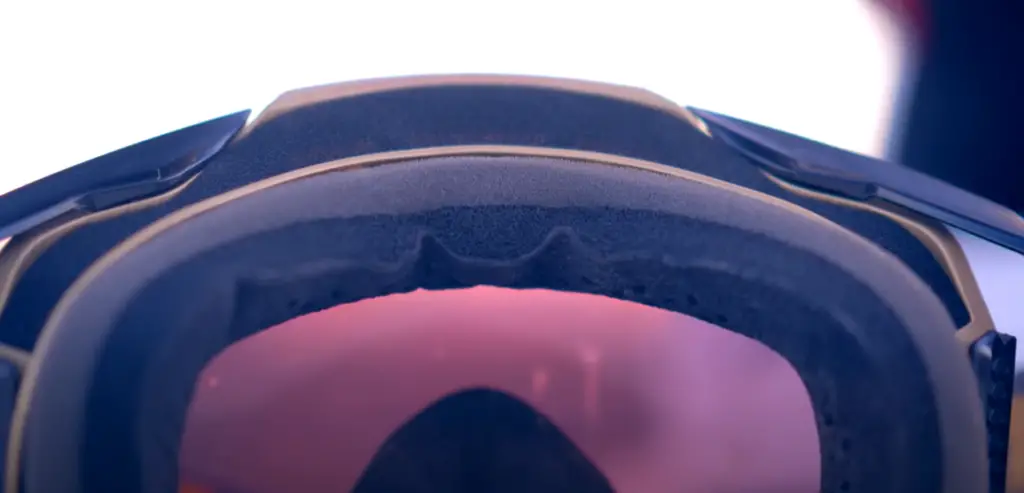
Types Of Dirt Bike
Registerable Bikes
Registerable dirt bikes are vehicles that can be used on the street and need to comply with regulations set by your local area. These bikes typically require a title, registration, license plate, and sometimes insurance. They come in different sizes and engine power outputs, so you’ll want to research each type before making a purchase. Generally speaking, registerable dirt bikes are more expensive than non-registerable types due to the extra paperwork involved in their ownership.
Non-Registerable Bikes
Non-registerable dirt bikes aren’t designed for street use but instead, serve as an off-road toy. These types of dirt bikes don’t need any kind of registration or paperwork and are usually built for speed over comfort. They come in a range of sizes, from mini bikes to full-sized models, and may be powered by gas or electricity. Non-registerable dirt bikes are less expensive than registerable types as they don’t require any extra paperwork.
Electric Bikes
Electric dirt bikes are becoming increasingly popular due to their low operating costs, minimal maintenance requirements, and lack of emissions. These motorized vehicles are powered by batteries and often have longer ranges than petrol-powered models. Electric dirt bikes can either be registrable or non-registerable depending on the type you purchase and your local laws regarding electric vehicles. As with all dirt bikes, you should research the size and power output before making a final decision on which model to buy.
Gasoline-Powered Bikes
Gasoline-powered dirt bikes are the most traditional type available on the market today. They come in many sizes and styles, from mini bikes to full-sized models with advanced features. Petrol-powered bikes have higher operational costs than electric vehicles but provide more power and range for off-road use. As with any type of dirt bike, you’ll want to research your local laws before purchasing some states that may require registration or other paperwork for gasoline-powered models.
Mini Bikes
Mini dirt bikes are smaller versions of larger models that usually run on gas or electric power. These types of dirt bikes are perfect for children or those who don’t want the extra power of a larger machine. With the smaller size comes fewer features, so you won’t find the same levels of technological sophistication as on other dirt bikes. Many mini-bike models are non-registerable and don’t require any paperwork for ownership [2].
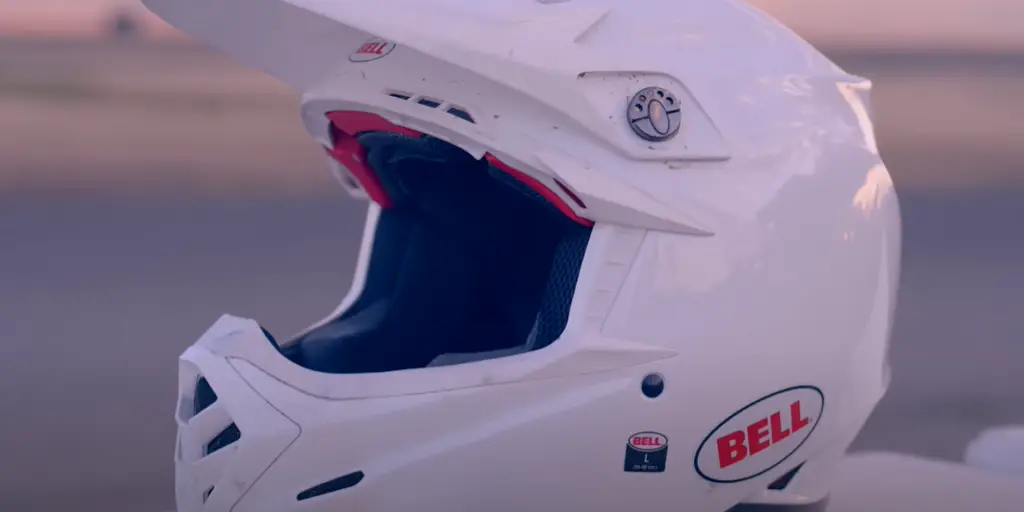
What’s the Difference Between Street Legal and Off-Road Motorcycle Helmets?
Street legal and off-road motorcycle helmets are both designed for use when riding a motorcycle, but there are some important differences.
Off-road motorcycle helmets, also called dirt bikes or motocross helmets, don’t have to meet any standard outside of those set by the manufacturer. They’re designed for use off-road, so they are typically lighter and more ventilated than street-legal helmets. The lack of safety standards means that off-road helmets don’t provide the same level of protection in the event of an accident as their street-legal counterparts, but they do offer additional features like goggles and built-in chin guards which can be beneficial when riding in rugged terrain.
No matter which type of motorcycle helmet you choose, it is important to make sure it fits properly and that all straps are securely fastened before every ride. Also, never forget to wear eye protection when riding a motorcycle – even if you have a full-face helmet! Doing so will help ensure your safety while on the road [3].
Is Dirt Bike Street Legal?
Where You Live Determines The Legality Of Dirt Bikes On The Street
When it comes to dirt bikes and their street-legal status, the answer is simple yet complex. Depending on where you live will decide if dirt biking is allowed on public roads or not.
In most states across the United States, it is illegal for dirt bikes to be ridden on public roads as they are considered off-road vehicles that lack proper safety equipment like headlights, taillights, turn signals, and brake lights. Additionally, many states have laws about the size and displacement of an engine for a vehicle to be street-legal. This means that most dirt bikes would not meet these requirements and therefore cannot legally be operated on public streets.
However, there are some exceptions. Some states such as Colorado, Utah, Nevada, and others allow for dirt bikes to be operated on public streets if they have been modified to meet all of the necessary criteria for a street-legal motorcycle. This means that the dirt bike must have headlights, taillights, turn signals, brake lights, and an engine size that is within legal limits to be considered safe enough to ride on the roads.
Why Are Dirt Bikes Road Illegal?
Dirt bikes are illegal on public roads because they fall under the off-road vehicle classification. This means that they lack many of the safety features and equipment necessary for them to be operated safely on public streets and highways. For example, dirt bikes do not have turn signals, headlights, taillights, or brake lights which can create dangerous situations when riding around other vehicles. Additionally, many states put regulations on engine size to protect riders from operating a vehicle with too much power and speed that could potentially cause an accident or injury.
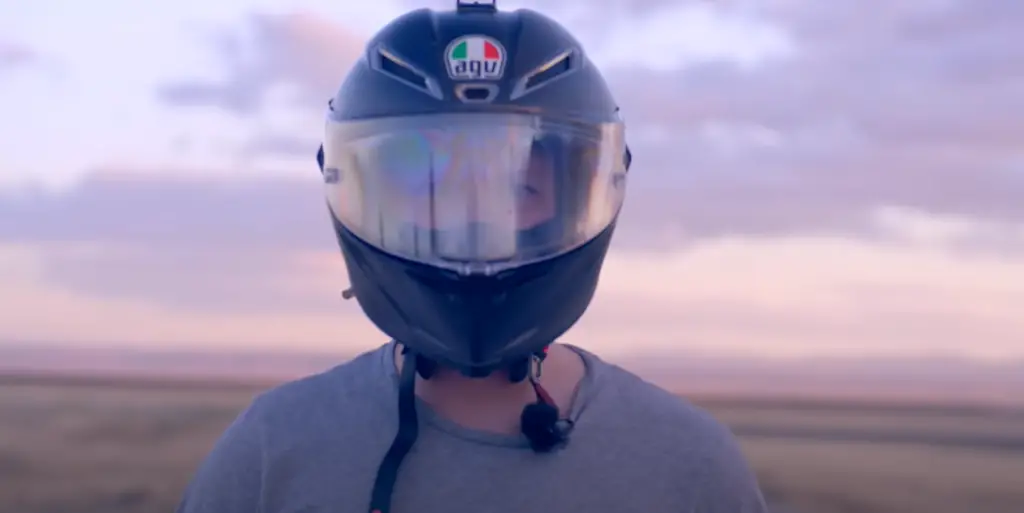
What Does A Dirt Bike Need To Be Street Legal?
Headlights
Headlights are among the most important components for a dirt bike to be street-legal. They help you see in front of you and alert other drivers that you are on the road. Most states require headlights to meet certain standards, such as being mounted at least 21 inches above ground level. Similarly, many states also require riders to have an auxiliary light, such as a tail light or running light, when riding after dark.
Horn
A horn is also necessary for a dirt bike to be street-legal in many areas. It serves as an audible warning device in case of danger, which helps make your presence known to other drivers on the road. The loudness and type of horn required may vary depending on where you live – make sure to check your local laws before purchasing one.
Mirrors
Having mirrors is a crucial part of being street-legal with your dirt bike. They allow you to see what’s going on around you, which is essential for safe driving. Most states require at least one mirror mounted on the left side of the bike; some require two mirrors, one for each side. Make sure the mirrors are adjustable and meet all other requirements in your area.
Tail Lights
Tail lights are another important component for a dirt bike to be street-legal. They help other drivers see you from behind, which is especially important in low-light or foggy conditions. Make sure the tail light is bright enough and meets all the requirements of your state before hitting the road.
License Plate & Tags
Having the proper license plate and tags attached to your dirt bike is vital for it to be street-legal. Depending on where you live, certain types of plates may be necessary – they can range from permanent plates to temporary/seasonal ones. Additionally, most states require that your dirt bike have a valid registration sticker as well as proof of liability insurance to ride it on public roads.
Turn Signals
Having turn signals is a must for dirt bikes that want to be street-legal. They let other drivers know when you’re turning, which can help prevent accidents and increase safety on the road. Make sure your turn signals are properly wired and in working order before heading out on the roads.
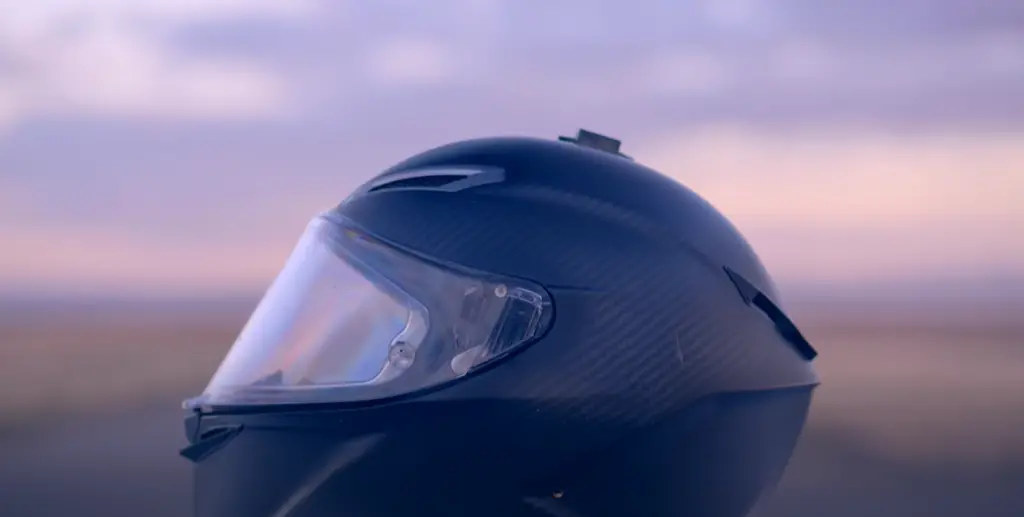
Mufflers & Emissions
Many areas also require mufflers and emissions systems for dirt bikes to be street-legal. Mufflers help reduce noise pollution and keep your bike from being too loud, while emissions systems ensure that it meets certain air quality standards set by law. Make sure you check with your local regulations before purchasing any of these components [4].
Things To Consider When Taking Your Dirt Bike On-Road
Places You Get To Go
One of the best things about taking your dirt bike on-road is that it opens up a whole new world of exploration. You can get to places you never could before, with every journey an adventure in itself. When planning a road trip make sure you research potential trails and routes ahead of time so you know what kind of terrain to expect. Additionally, remember to always check local laws and regulations regarding off-road vehicles before you set off, as some areas may not be suitable for driving your dirt bike.
Safety
Taking your dirt bike on-road comes with inherent risks and dangers, so it’s important to take proper precautions beforehand. Make sure your bike has had all necessary maintenance checks, including tire pressure and oil levels. Additionally, invest in a good quality helmet and other safety gear, as well as any additional road-specific accessories may need like lights for night riding. Always be aware of your surroundings and never take risks that could result in injury to yourself or others.
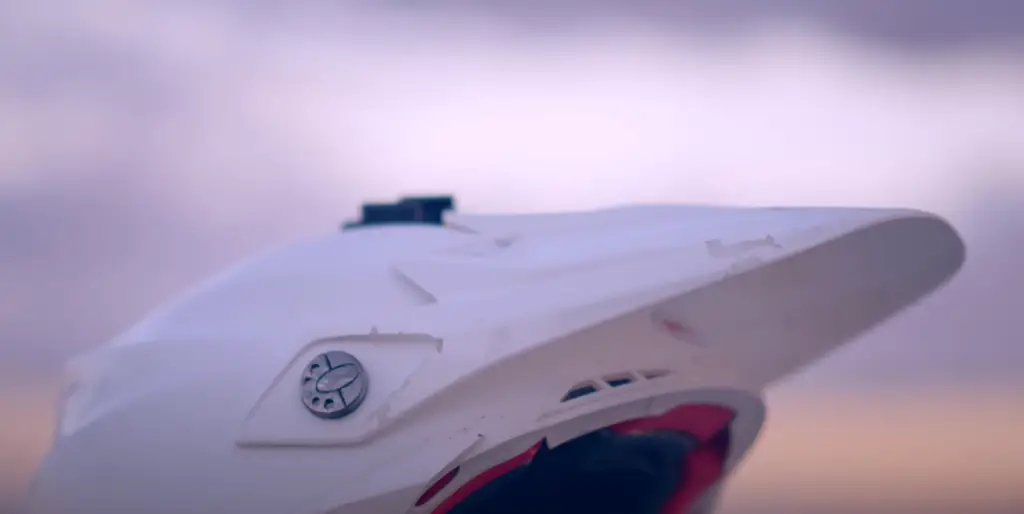
Essential Equipment
When taking your dirt bike on-road, it’s important to have the right equipment on hand at all times. Make sure you bring spare parts like spark plugs and chains in case something goes wrong during your journey. Additionally, a first aid kit is always a must in case of an emergency, as is plenty of food and water for those long rides. Finally, don’t forget your phone or GPS device so that you can navigate your way through unfamiliar terrain.
Adjust Your Riding Style
When taking your dirt bike on-road, you’ll need to adjust your riding style accordingly. This means that you have to be more cautious and predictable when navigating tight turns or steep hills. Always look ahead for potential obstacles before you take them on and slow down if necessary. Additionally, remember that although you may be used to taking risks on the trails, it’s important to stay safe when riding on open roads.
Be Prepared For The Unexpected
Riding a dirt bike is unpredictable at times, so make sure you are prepared for anything that comes your way while out on the road. Before setting off, think about what could go wrong and make a plan of action in case of an emergency.
FAQ
Can I wear a dirt bike helmet on the street?
No, dirt bike helmets are not typically designed for street use and may not meet the necessary safety standards. You should always wear a helmet that is certified by the Department of Transportation (DOT) and has the appropriate features to ensure your protection while riding on the road. Additionally, many states have specific laws regarding the types of helmets you may legally wear while operating a motorcycle or other motorized vehicle on public roads and highways. Be sure to check your local laws before taking off.
Do I need special insurance for a dirt bike?
Yes, dirt bikes require special insurance to cover the potential costs associated with riding off-road. Most standard motor vehicle policies do not provide coverage for off-road vehicles and it is important to make sure that you are properly insured before heading out on your adventure. Additionally, some states may have specific requirements or regulations regarding the types of insurance you must carry when operating a dirt bike. Be sure to check with your local insurance provider for more information.
What safety gear do I need for dirt biking?
If you plan on riding a dirt bike, it is important to take safety precautions to protect yourself from injury. The most essential piece of safety gear is a helmet that is designed specifically for off-road use and is certified by the Department of Transportation (DOT). Additionally, it is also important to wear protective eyewear, long pants and sleeves, gloves, boots or shoes that cover your ankles, and other protective gear such as elbow and knee pads. Taking the time to make sure you have the right safety equipment can help keep you safe while riding off-road.
Can I take a dirt bike on public roads?
In most cases, taking a dirt bike on public roads is not allowed. To ride legally on public roads, dirt bikes must be registered with the state in which they are being ridden and must display current license plates. Additionally, all riders must adhere to local laws regarding speed limits and other safety regulations. Always check your local regulations before taking off on a dirt bike adventure.
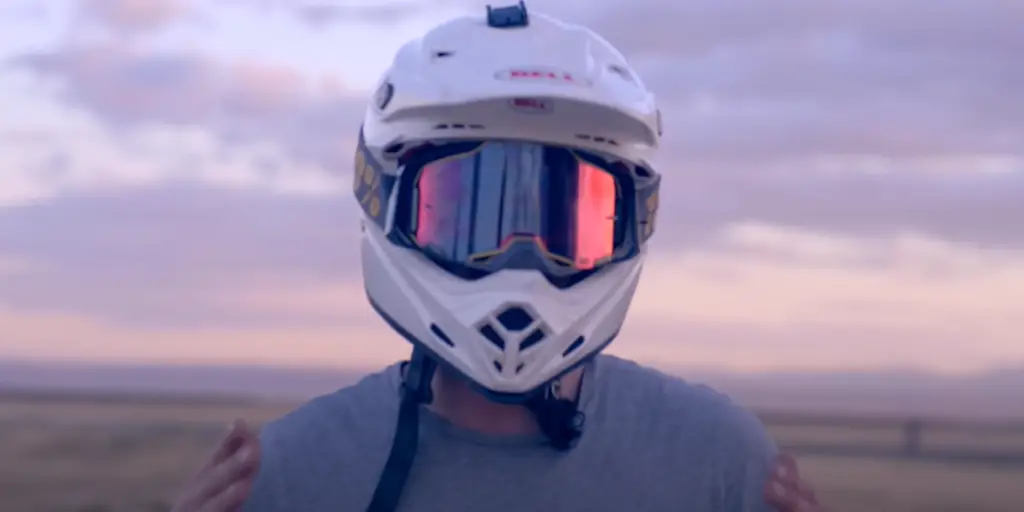
What is the difference between a dirt bike helmet and a street bike helmet?
Dirt bike helmets are typically designed for off-road use and feature a more elongated chin bar, larger face shields, and increased ventilation. On the other hand, street bike helmets are usually shorter in length, have smaller face shields, and have less ventilation. Additionally, dirt bike helmets must be certified by the Department of Transportation (DOT) to ensure they meet the necessary safety standards for on-road use. Street bike helmets may also require certification from different organizations depending on where you live. Be sure to check your local laws before purchasing a helmet.
Can you wear a dirt bike helmet for a scooter?
No, dirt bike helmets are not typically designed for use with a scooter and may not meet the necessary safety standards. Additionally, many states have specific laws regarding the types of helmets you may legally wear while operating a scooter on public roads and highways. Be sure to check your local laws before taking off. It is best to invest in a helmet that is specifically designed for use with a scooter or other motorized vehicle.
Why are dirt bike helmets open-face?
Dirt bike helmets are open-face to provide riders with increased visibility and ventilation while they ride off-road. Additionally, many dirt bike helmets feature a larger face shield that protects from dirt, dust, mud, and other elements that can be encountered during an off-road adventure. Be sure to check the safety rating of any helmet you plan on purchasing before taking off on your next adventure.
Do you need a license for a dirt bike?
In most cases, you will need a license to operate a dirt bike. Depending on where you live, the type of license required may vary. In some states, an off-road vehicle or motorcycle license is required for operating any motorized vehicle off the pavement. In other locations, there may be specific laws and regulations that apply to dirt biking or other recreational activities. Be sure to check with your local laws before operating a dirt bike to ensure that you are following all necessary safety protocols and regulations.
Can I ride my dirt bike in the neighborhood?
In most cases, riding a dirt bike in the neighborhood is not allowed. Always check your local laws and regulations before taking off to ensure you are following all safety protocols and operating within the boundaries of the law. Additionally, it is always important to ride responsibly and take into consideration the safety of others around you when operating a motorized vehicle.
Useful Video: Why are off-road Helmets different?
Conclusion
So, are dirt bike helmets street legal? The answer to this question is “it depends.” In most cases, dirt bike helmets are not considered street legal because they do not meet the minimum standards for motorcycle helmets established by the Department of Transportation. However, a few states have exceptions that allow riders to use dirt bike helmets on the road. Ultimately, riders need to consult their local laws and regulations to determine if dirt bike helmets are suitable for riding on public roads in their state. With the proper safety precautions taken, dirt bikers can enjoy a safe and responsible ride.
References:
- https://mipsprotection.com/motorsport/mx/dirt-bike-helmets/
- https://lemonbin.com/types-of-dirt-bikes/
- https://www.amxsuperstores.com.au/blog/differences-between-road-offroad-motorcycle-helmets
- https://www.lazerhelmets.com/are-dirt-bikes-street-legal/

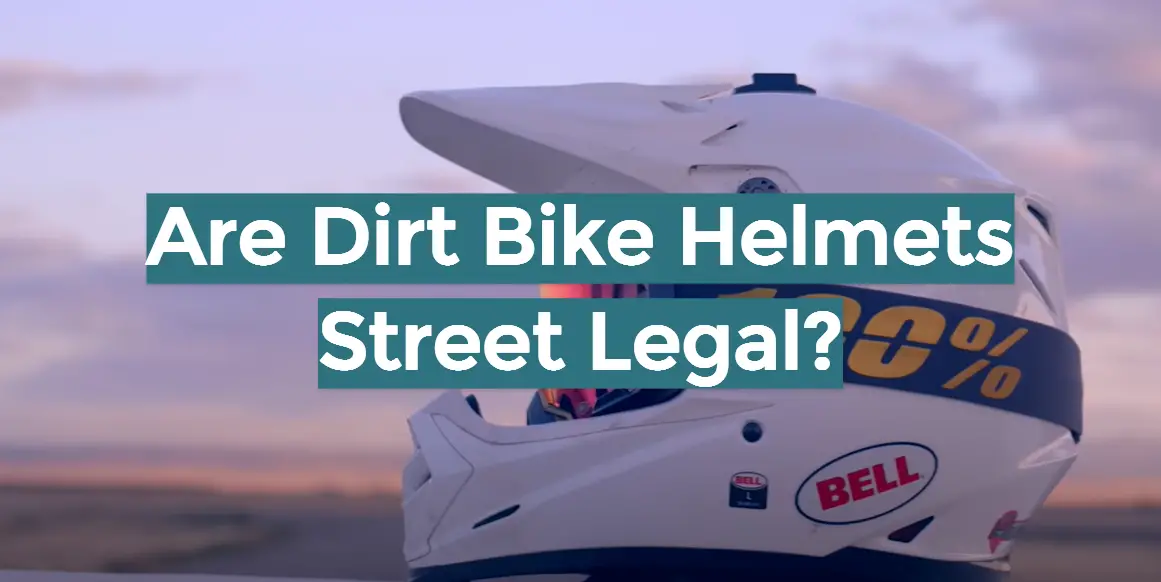
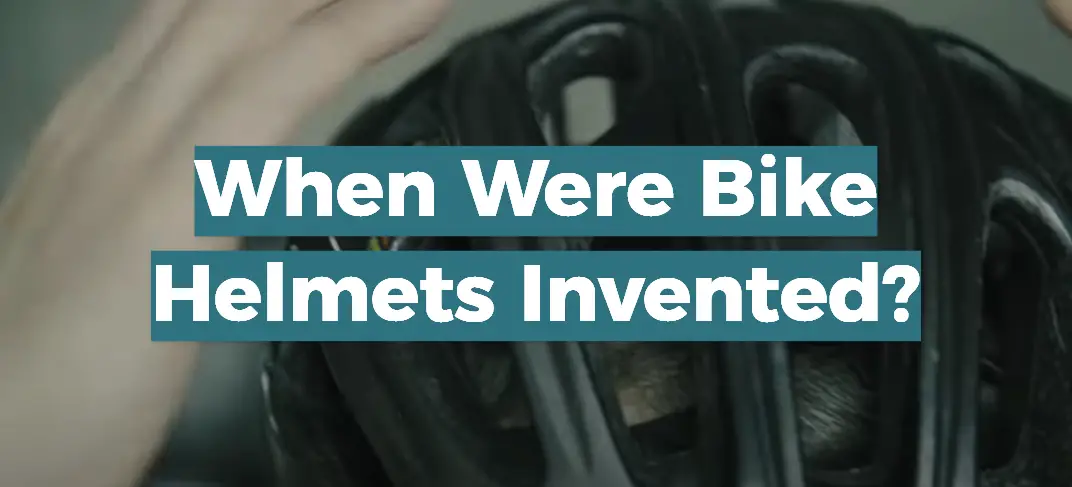
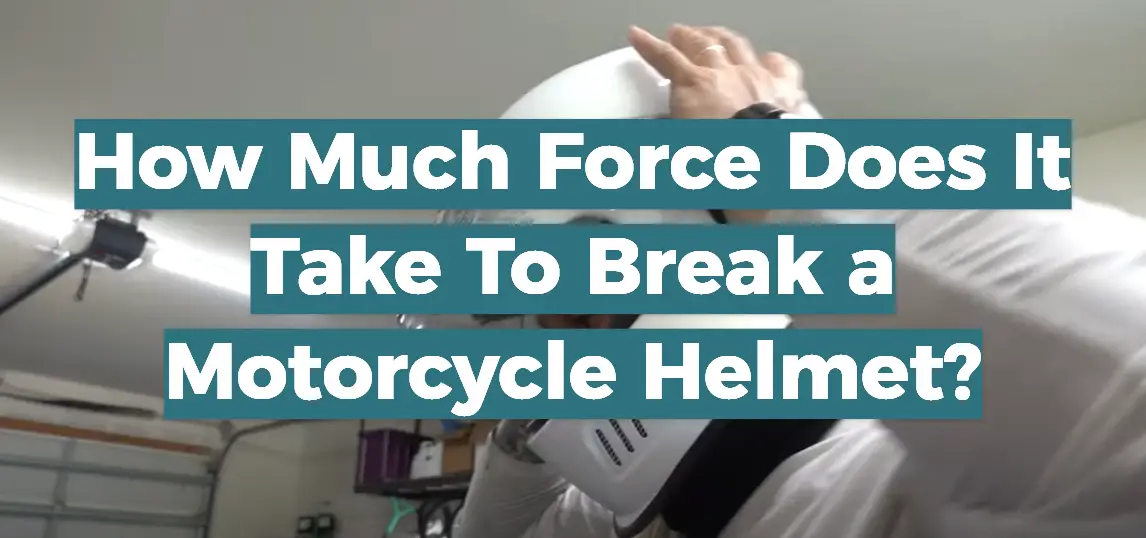
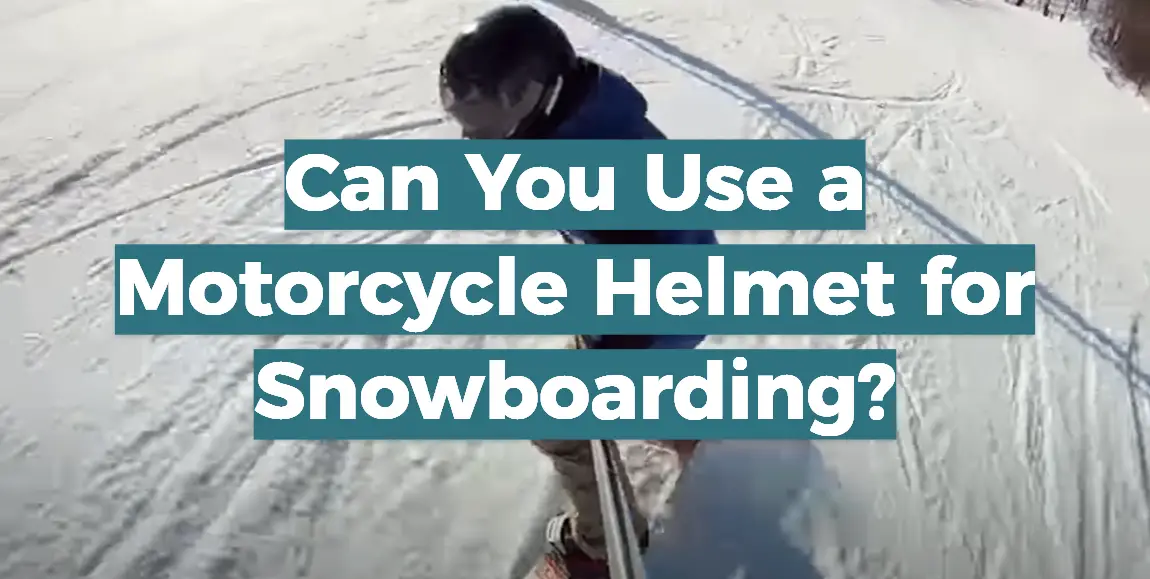
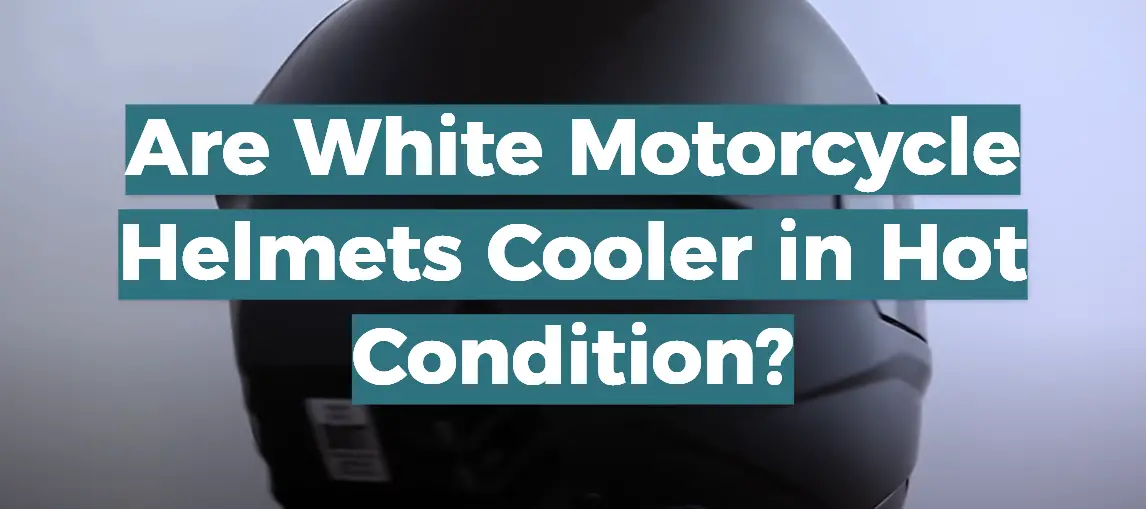
Leave a Reply